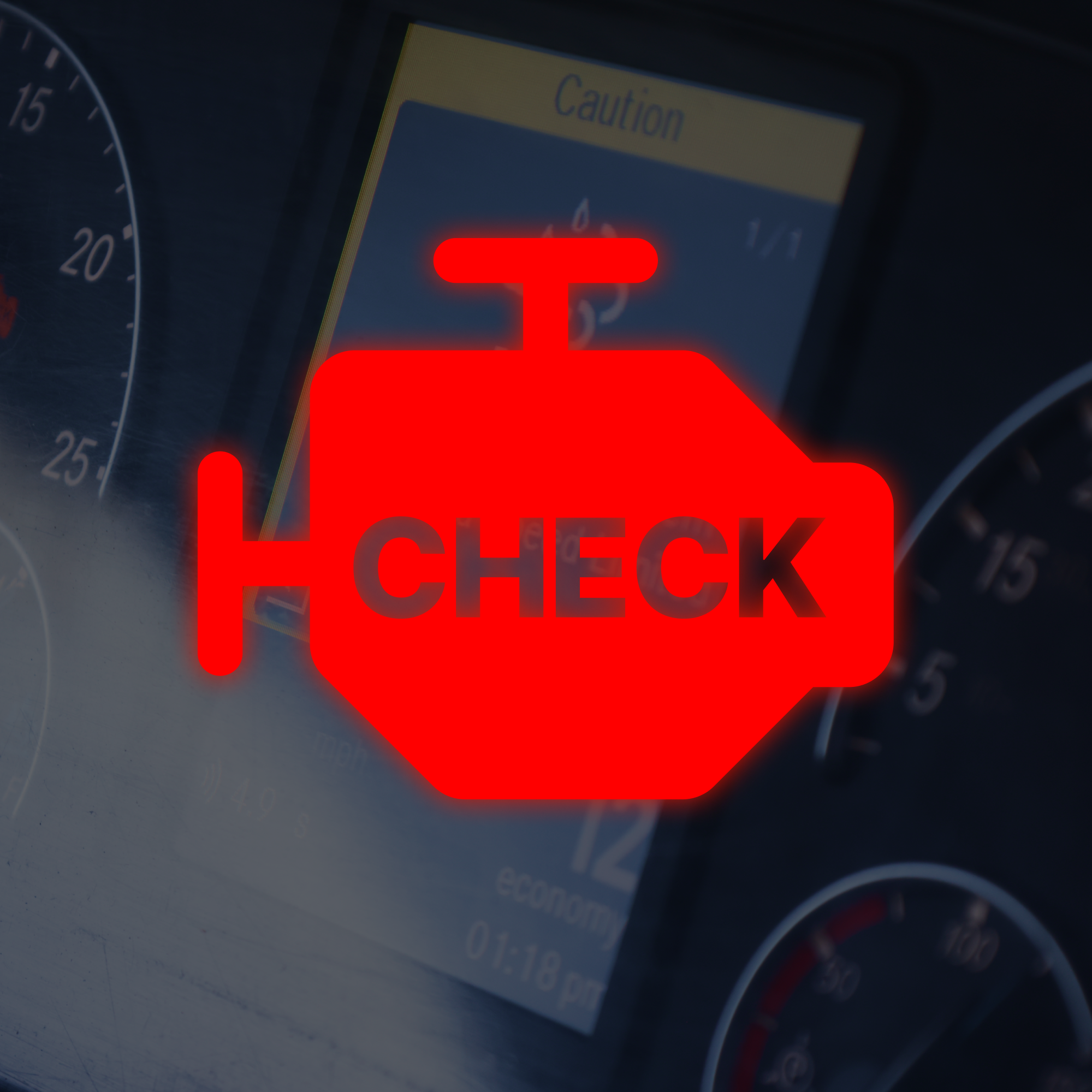
Semi-truck repairs can be costly and difficult, especially if you rely on professional mechanics for every little issue that comes up. Many semi-truck owners and fleet managers have turned to DIY (Do It Yourself) semi-truck repairs to save money and gain a better understanding of their rigs.
However, like any approach, there are both pros and cons to consider when deciding to do your own DIY semi-truck repairs. In this blog, we'll explore some of the advantages and disadvantages of taking on semi-truck maintenance and repairs yourself.
What Are the Pros of DIY Semi-Truck Repairs?
Cost Savings:
The most significant advantage of DIY semi-truck repairs is the cost savings. Labor costs at repair shops can quickly add up, especially for larger vehicles like semi-trucks. Plus, if you own multiple trucks the cost can increase really quickly.
Doing the repairs yourself eliminates these labor expenses, and you can often find more affordable parts and materials when purchasing them directly.
Increased Knowledge:
Knowledge is king! DIY repairs provide an opportunity to gain valuable knowledge about your semi-truck. Understanding how various components work, inspecting parts, and interact can make you a more informed and empowered truck owner or fleet manager.
Control Over the Repair Process:
When you handle repairs yourself, you have complete control over the repair process. You can choose the parts, tools, and techniques that best suit your needs and preferences. This control can lead to more customized and efficient repairs.
Timely Repairs:
DIY repairs can often be completed more quickly than scheduling appointments with a repair shop. This is especially advantageous when dealing with minor issues that need immediate attention to prevent further damage.
Satisfaction and Confidence:
Successfully completing a semi-truck repair on your own can be incredibly satisfying and boost your confidence in your mechanical abilities. This sense of accomplishment can be quite motivating.
Control Over Your Trucks Diagnostics:
Semi-truck diagnostic tools are indispensable for anyone looking to maintain their truck or fleet. Tools like OTR Diagnostics serve as a crucial asset in maintaining the health and efficiency of your truck.
Additionally, these diagnostic tools empower operators and fleet owners with real-time insights into the performance of their trucks, allowing for proactive maintenance and ensuring optimal fuel efficiency.
Timely detection of problems can prevent costly breakdowns, reduce downtime, and ultimately save on repair expenses.

What Are the Cons of Doing Your Own Semi-Truck Repairs?
Skill and Experience Required:
Semi-truck repairs can be complex, requiring a high level of skill and experience and expensive tools. Mistakes made during DIY repairs can lead to further damage or safety hazards. Without the necessary knowledge, you might end up causing more harm than good.
Time-Consuming:
Repairing a semi-truck can be time-consuming, particularly if you lack experience. It may take longer to diagnose the issue, gather the necessary tools and parts, and complete the repair compared to having a professional handle it.
Limited Access to Equipment:
Repair shops have access to specialized equipment and tools that may be necessary for certain repairs. As a DIY enthusiast, you might not have access to these resources, potentially limiting the scope of repairs you can undertake.
Safety Concerns:
Working on a semi-truck can be dangerous. The sheer size and weight of the vehicle, along with the potential for hazardous materials, make safety a top concern. Without proper safety measures and equipment, you risk injury or accidents.
Warranty Concerns:
DIY repairs can void warranties if not done correctly or with authorized parts. Be sure to check your truck's warranty terms and conditions before attempting any DIY repairs.
DIY semi-truck repairs can be a cost-effective and empowering option for truck owners and fleet managers. However, it's essential to weigh the pros and cons carefully.
There are many misconceptions that are associated with doing your own repairs. It's crucial to assess your capabilities, the complexity of the repair, and your access to equipment and resources before deciding whether to tackle a semi-truck repair yourself.





Why OTR Diagnostics is a Long-Term Investment for Your Semi-Truck(s)
The advantages of real time data and DIY diagnostics for your trucks health